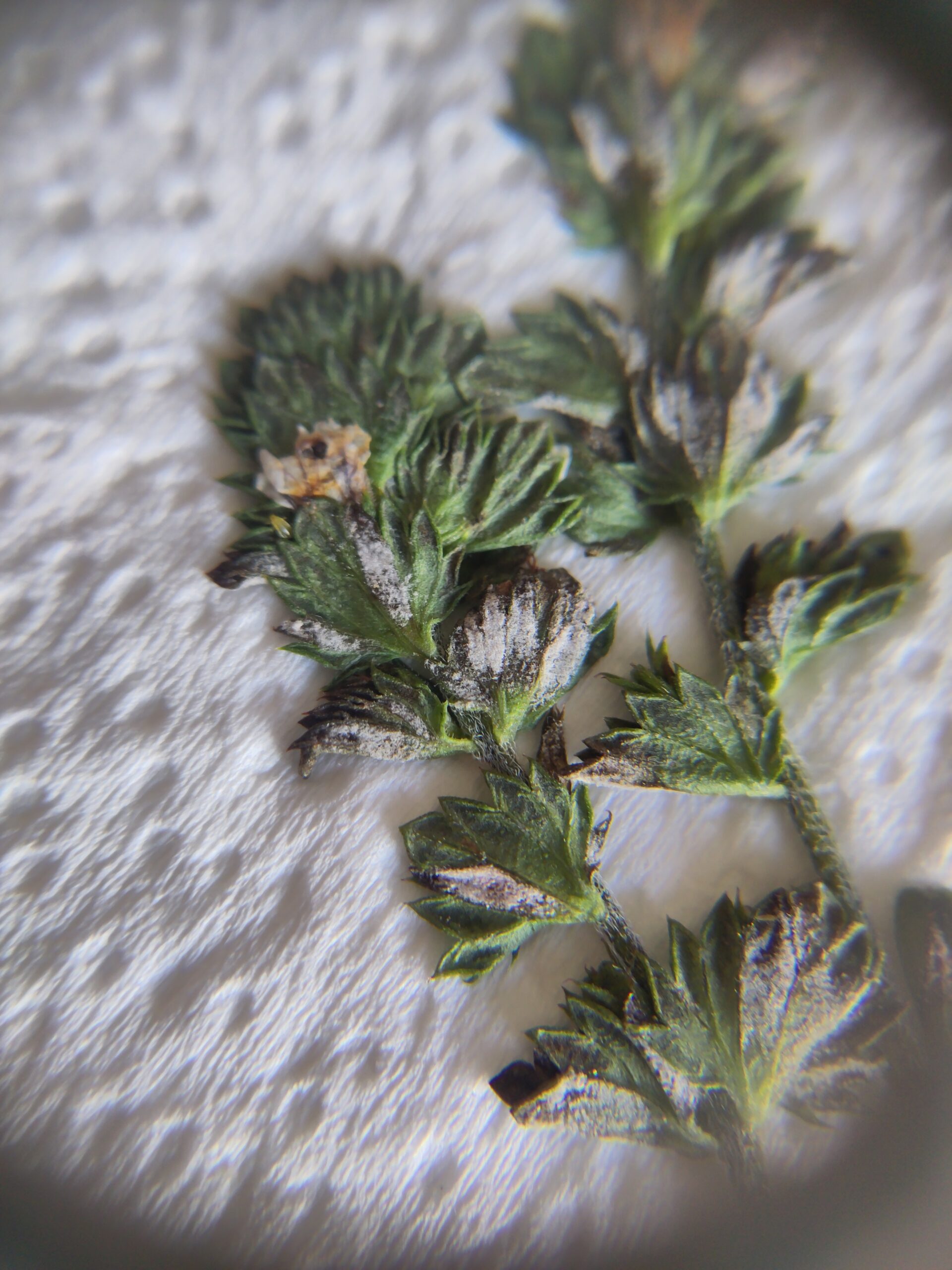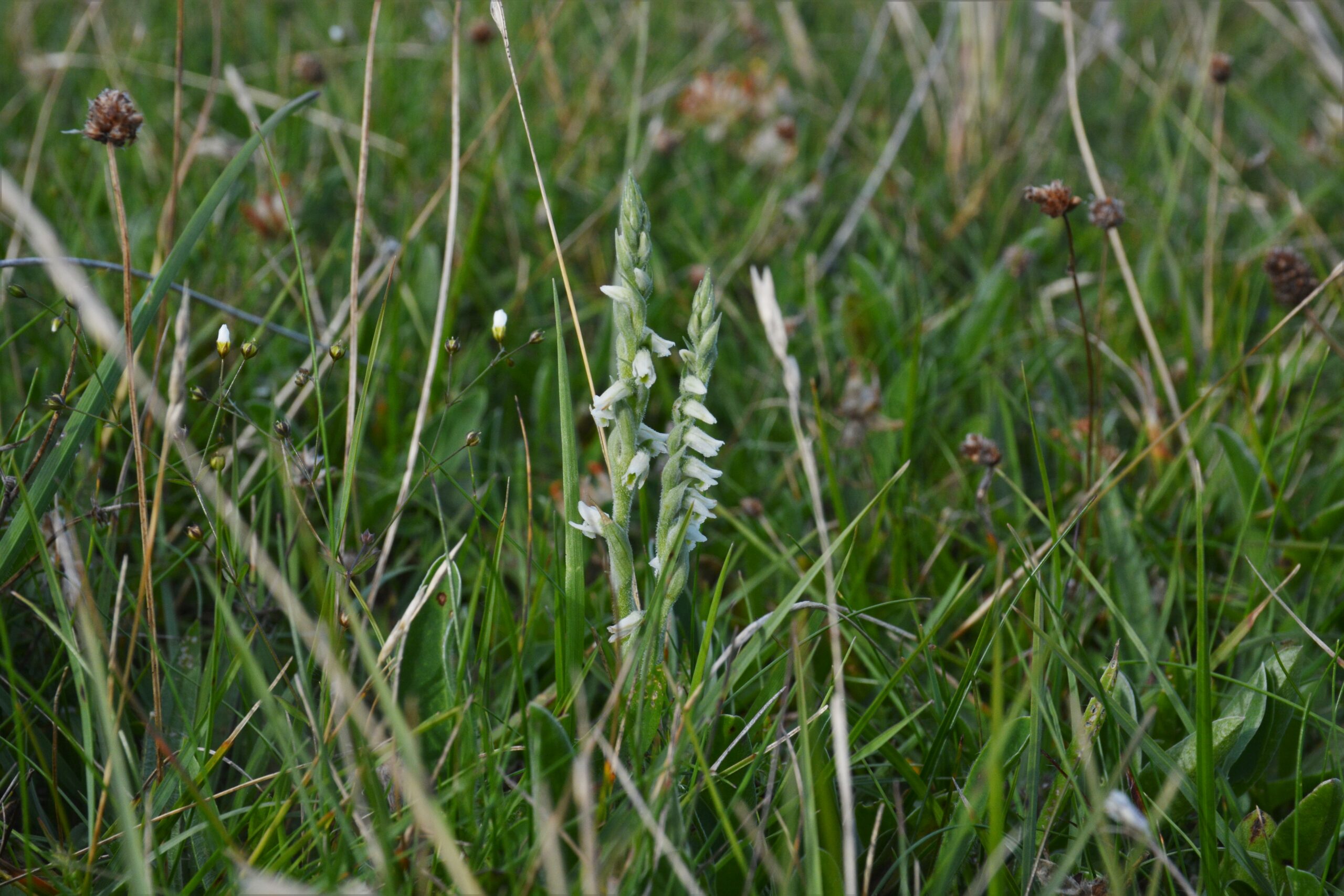You may have seen a neutered version of this post over at the LSE blog. This post below, however, puts the tiger in the tank, as it was enhanced by CatGPT: Maybe scholarly societies have taken “the instruction“follow the money!” a tad too literally?
Postagens de Rogue Scholar
The DFG is a very progressive and modern funding agency. More than two years ago, the main German science funding agency signed the “Declaration on Research Assessment” DORA.

We’re excited to announce the initial release of crown maps for 100 million trees in the National Ecological Observatory Network (NEON) with information on location, species identify, size, and alive/dead status. Using NEON’s remote sensing data we’ve been developing computer vision models to locate tree crowns for all individuals visible from above and classify those crowns to species (Weinstein et al. 2019, 2020, 2023; Marconi et al. 2022).
The fourth international Global Genome Biodiversity Network (GGBN) Conference took place in Aguascalientes, Mexico from October 17th to October 20th 2023 where it was hosted by the Universidad Autónoma de Aguascalientes.

It’s the time of the year again where 30,000 neuroscientists head to the US to talk neuroscience. This year the big annual conference is in Washington, DC, one of the three cities able to host this large event. Our first poster will be up on Tuesday morning and shows results from operant self-stimulation experiments using optogenetics and dopaminergic neurons.

Slievenacloy Nature Reserve is an Ulster Wildlife reserve in Antrim. It is very well managed for upland grassland, with a wealth of Devil’s-Bit dominated grassland.

On the thirteenth of August, I was at Killard National Nature Reserve, Co. Down, with my mum. We were looking for Frog Orchids and other species rare in the county like Quaking Grass and Field Scabious. She found a plant she didn’t recognise and asked me what it was, and it was Autumn Lady’s Tresses. I knew I hadn’t seen it before and wasn’t sure it had been recorded anywhere near before.
The Weecology lab group run by Ethan White and Morgan Ernest at the University of Florida is seeking a Project Manager to conduct and manage a long-term field study of breeding wading bird colonies in the Florida Everglades.
The Ernest Lab at the University of Florida has an opening for a PhD student interested in ecological forecasting of desert rodents to start Fall 2024. This position is funded on an NSF grant to study ecological forecasting under novel conditions using data from the Portal Project, our long-term field site located in southeastern Arizona.
No matter how well-intended (and we all know to which place the road leads that is paved with good intentions!), transformative agreements (such as DEAL in Germany) are generally the wrong tool at the wrong time for making publicly funded science accessible to the public.